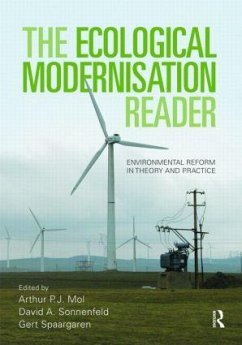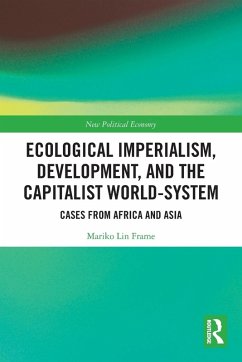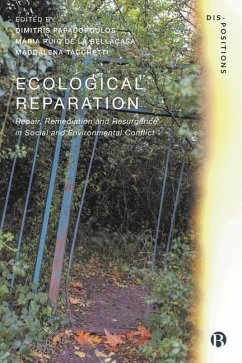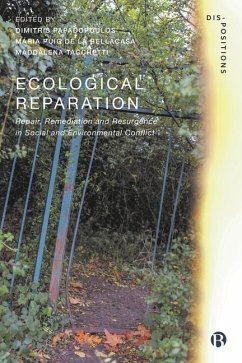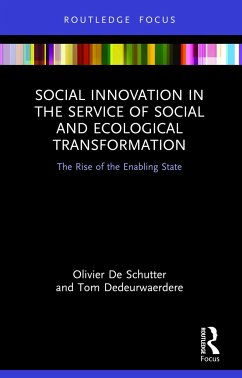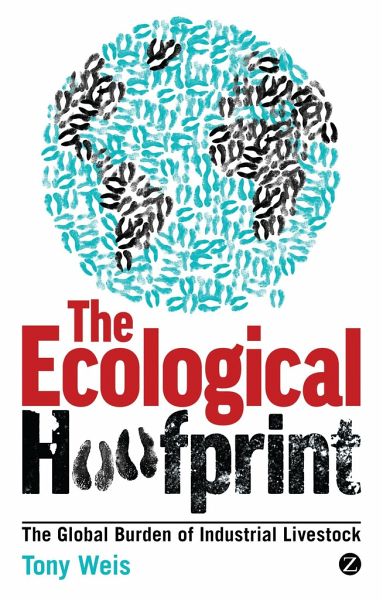
Ecological Hoofprint
The Global Burden of Industrial Livestock
Versandkostenfrei!
Versandfertig in 1-2 Wochen
27,99 €
inkl. MwSt.
Weitere Ausgaben:

PAYBACK Punkte
14 °P sammeln!
This book explains how the phenomenal growth and industrialization of livestock production is a central part of the accelerating biophysical contradictions of industrial capitalist agriculture and of ongoing and future food crises.







